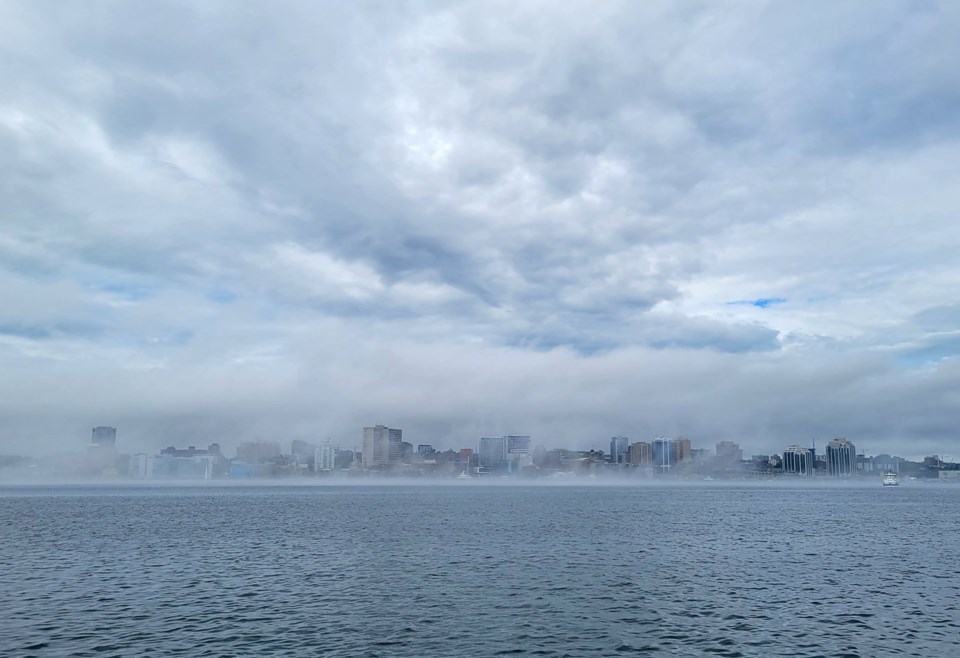HALIFAX — A boil water advisory affecting more than 200,000 people has been issued for parts of the Halifax region — for the second time in less than seven months — after a power interruption at a major water treatment facility.
Brittany Smith, a spokesperson with Halifax Water, said the Pockwock Lake treatment facility systems were running on generators during a planned power outage Monday night, but as power was restored a fuse blew within the facility. The resulting power interruption meant that for about 30 minutes, water was treated but lacked chlorine disinfection.
"This was unfortunate timing. We are actually only a few days away from completing the installation of a system that would chlorinate water without power," Smith said in an interview Tuesday. That upgrade was recommended after a power failure at the same facility led to a boil water advisory last summer.
Smith could not provide a date for when the installation will be complete, and said Halifax Water's focus has shifted to addressing the fallout from the power interruption.
The boil water advisory is in effect for Halifax and the surrounding suburbs of Beaver Bank, Middle and Lower Sackville, Upper Hammonds Plains, Bedford, Fall River, Timberlea, Spryfield and Herring Cove.
Halifax Water says tap water should be boiled for at least one minute before it is consumed by people or animals or used for washing fruits and vegetables, cooking, or brushing teeth.
"Your water is safe to drink if you boil it. You do not have to go to the grocery store to grab bottled water," Smith said.
It's unclear when the advisory will be over, Smith said, and Halifax Water is working with the Nova Scotia health authority and testing water samples to make that determination.
In July, an electrical issue in the Pockwock facility allowed unchlorinated water to enter the system, prompting an advisory that lasted 40 hours.
As the advisory ended, the regional medical health officer said the partially treated water did not present a serious health risk. Halifax Water said at the time it was determined there was a low risk of viruses or bacteria in the water, and said the advisory was largely precautionary.
This report by The Canadian Press was first published Jan. 21, 2025.
Lyndsay Armstrong, The Canadian Press



